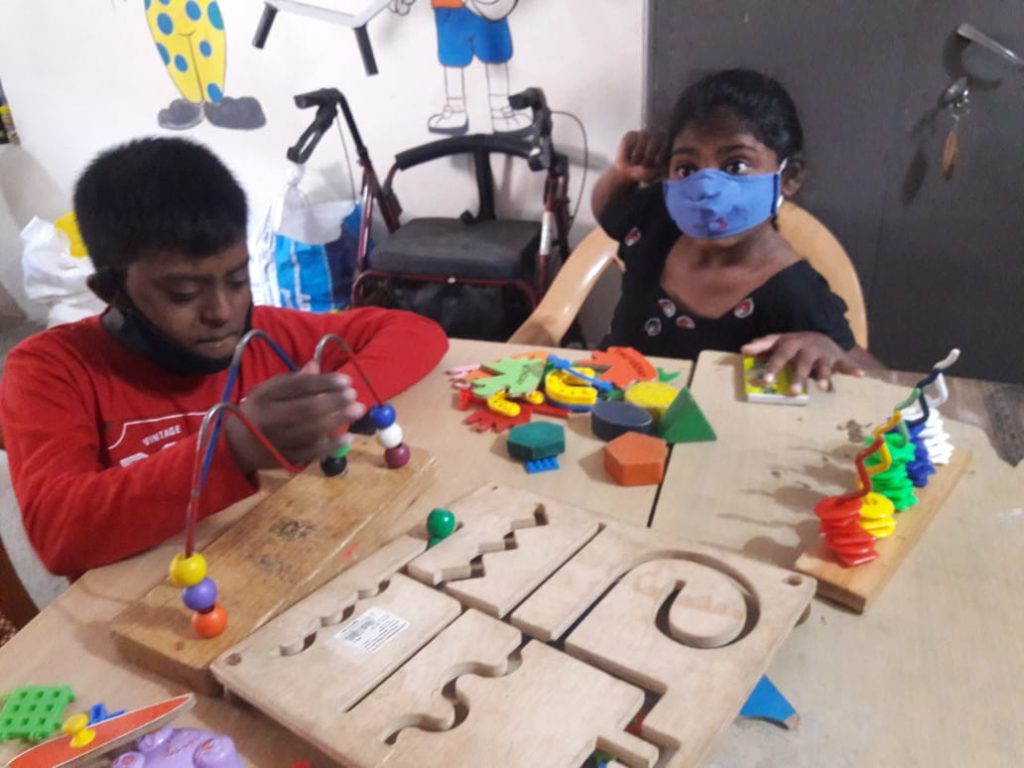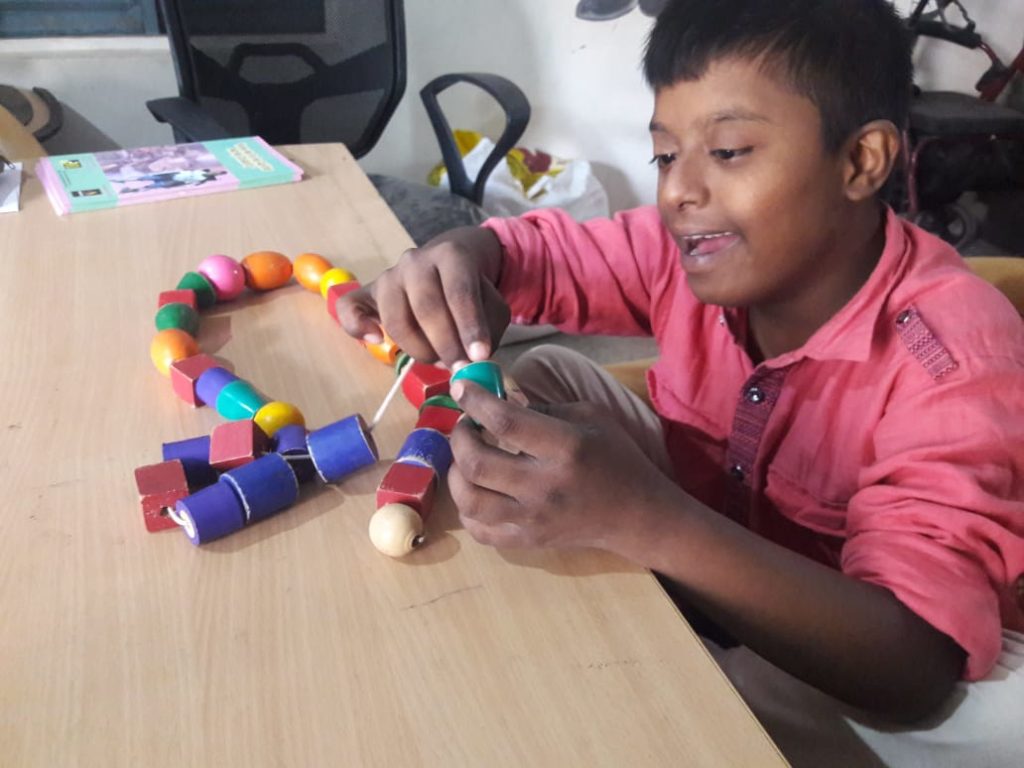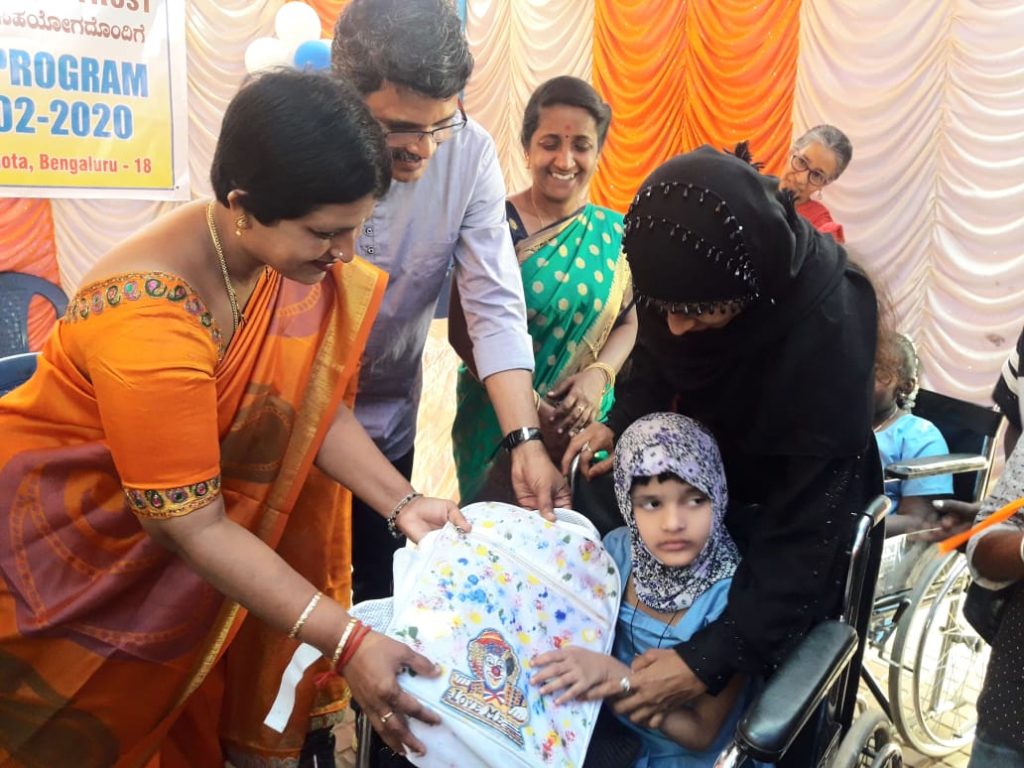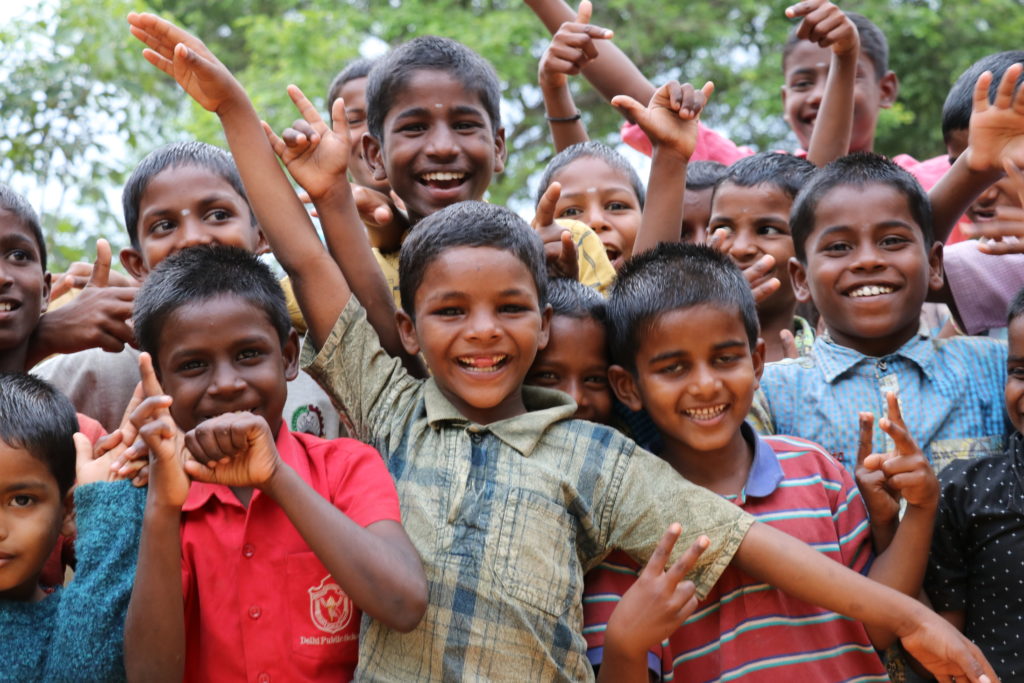Specially Abled Children
- Home
- / Specially Abled Children
NBI works towards creating an inclusive society and equal opportunities for specially-abled children. The first step is sensitizing the immediate community, which includes family members and neighbours around them along with providing them adequate education.
NBI has developed community-based sensitization programs, revolving around the issue to promote sensitivity, awareness and most importantly, social inclusion of disabled children. The early care, love and support received by these children determine their overall intellectual development and social behaviour in the coming years.
We believe that no child should be devoid of love, care and equal opportunities to flourish. Thus, our firm belief is to advocate and promote ‘happy childhood’.
Specially-abled children need ‘special care’. Dedicated attention, both physically and mentally, is crucial for their well-being. Though families play a big part, yet the support from a trained system of care cannot be denied. Apart from health, such children also need special facilities at schools, colleges and workplaces.
‘The State Education Report for India 2019: Children with disabilities’ by UNESCO states that 27% of disabled children between the age of 5-19 years don’t have access to education. It also says that nearly 3/4th of 5-years old specially-abled are left out of the education system.
The report also clarified that the number of disabled girls attending schools is significantly lower than disabled boys. These calls for immediate action to ensure that disabled children acquire proper education and minimum schooling.

This program is for children with cerebral palsy, intellectual disability, autism and Attention Deficit Hyperactivity Disorder (ADHD). These are the ones who have 60% or more disability percentage.
The children are brought to the centre where they are taught daily living skills, ways of communication, basic language and mathematics. They interact with each other in a child-friendly environment. Later, depending on ability and capacity, they are enrolled in regular schools.

The program begins with sensitization sessions and hands-on training for parents and family members to help them handle the child well. Basic physiotherapy training to parents is also a part of the program.
Children are provided with sessions that help in personality development, the ability to be independent, and the development of a positive attitude towards life. Special summer and adventure camps are organized to promote interaction with peers and other adults.
A special Child to Child program in the government school has also been started. Under this, children without any disability are introduced to their special new friends. With this, special children find friends and learn ways to interact.

Children are provided with mobility aids like callipers, wheelchairs, walkers, splint spectacles, hearing machines, mental retardation kits, brail kits. etc.
Corrective surgeries like club foot, bilateral knee flexion are also facilitated. Along with these, children are also put through ‘Siddhate’ and ‘Vikasa’ programs to be better cared for at home.
